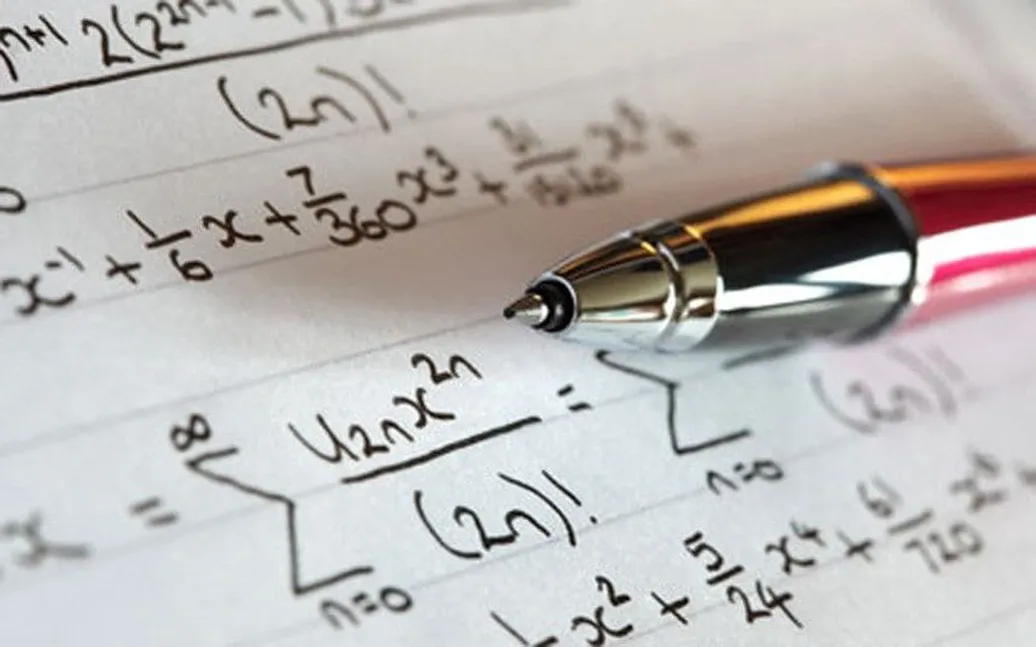Oguz Kaan Kısa · Nov. 9, 2021

The GCSE is the English language high school qualification test. This certificate is generally preferred for students in Years 9 and 10 before taking A Level or IB. Although it seems difficult to pass the exam with creative thinking from a system whose reason is not based on rote learning, it enables children to make sense of Mathematics, Chemistry, and Physics in a, particularly beautiful way.
The best way to revise maths GCSE is to begin your revision as soon as possible and continue till the test. Don't try to jam everything into the last few weeks. Make a revision strategy now to ensure you have covered all of the important topics before test day. Keep to your schedule and don't skip any sessions.
Work in 30-minute review sessions, pausing to ensure that your brain is refreshed and ready to learn. Revision is more than merely going through your notes. You should be answering a lot of practice questions. If you become stuck, browse over your revision notes or internet resources to see how you may solve the difficulty. This method aids in the formation of connections in your brain that will last longer and result in exam achievement.
Never say, "I'm not good at maths." Teachers hear this all the time, but with the correct degree of assistance and work ethic, anybody can learn arithmetic and pass GCSE maths.
You've got this! Believe in yourself and put in the effort required to succeed.
This may sound strange, but passing GCSE maths examinations requires comprehending what you need to know and demonstrating your abilities to the examiner. You'll start to create a technique for tackling the test that works best for you if you do a lot of practice exams under timed settings.
Here's an example of what we are talking about. Some professors will advise you to begin with the difficult questions and work your way down to the easy ones. Many students dislike this method and prefer to begin from the beginning, using the 1 or 2 mark questions to warm up.
This strategy will not be suitable for everyone. You must devise a strategy that will enable you to achieve the highest potential grade. This may be accomplished by practicing under timed situations. To get you started, here are links to previous exams from the AQA and OCR exam boards.
You must first master the fundamentals. It may seem obvious, but one of the most common errors our teachers notice is when students begin reviewing the most difficult test topics without first mastering the fundamentals.
Before moving on, make sure you're comfortable with fractions, decimals, percentages, basic algebra, form, and area.
As many questions as you can. Even with the essentials, we can only be sure we comprehend things properly by asking for help. I constantly urge my pupils to ask me questions as a personal tutor.
If you're nervous about asking questions in a large classroom, start by asking a trusted instructor, friend, or parent, then gradually increase the number of questions you ask in class.
Master the fundamentals: This is critical. Math is a topic that develops through time. This means that fresh notions build on existing ones. If you understand the fundamentals, you'll be able to rapidly grasp more sophisticated concepts.
Learn the theory: You won't be able to answer a single question if you don't have any prior knowledge. You have to learn the theory. You will be able to answer every question that arises from it if you learn it instinctively. This is a proven fact! As a result, make certain you comprehend what you're discovering.
Exam Papers: You'll need access to a huge number of previous exams. It's better if there are a lot of them. It just means that you will have to put in more practice time. Try to complete them without using a revision guide. You are basically handed the answers with a revision guide. As a result, avoid utilizing a textbook at all costs. The purpose of practice papers is to assess how much information you can recall.
Methods: While endeavoring the previous papers, you'll notice that maths itself is a calculated subject. Replies to questions are given in a bit-by-bit design. For example, in case you are tackling a logarithmic condition, you need to follow a specific methodology: put the obscure on one side of the equivalents and number terms on the other. Then, at that point, tackle it for the obscure. This is the manner by which you approach responding to every one of the inquiries.
You will be able to identify areas of weakness as a consequence of prior papers. These are the types of questions that you typically get wrong. Make a list of your flaws and have it handy. Then, towards the end, work on each flaw individually. Make sure you practice them so you don't make the same errors on the exam. Remember, it's your flaws that keep you from getting the best grade possible. Make certain you respond to them!

 Back
BackLet us find your dream university.
